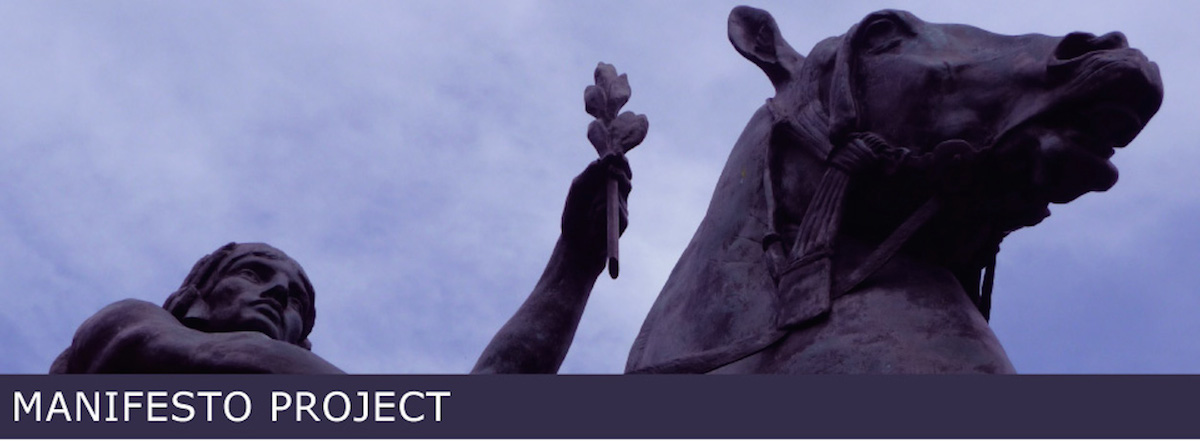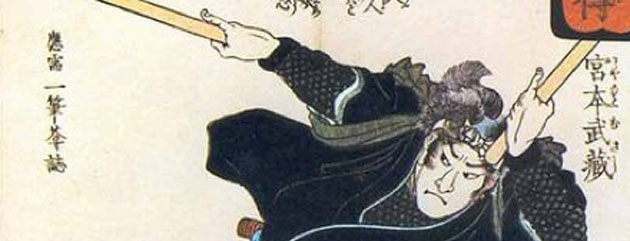Creator
Bushido is a Japanese term that means ‘the way of the warrior’. It outlines the code or moral principles by which a Samurai were required to live.
Purpose
Originally, the eight virtues were an informal code that evolved over many centuries. Between 1600 and 1868, various parts of Bushido were formalized into Japanese feudal law and the rules became the code that needed to be mastered before one could become a Samurai.
If a Samurai failed to uphold his honor according to these rules, he could only regain it by committing suicide.

Manifesto
1 Righteousness
Be acutely honest throughout your dealings with all people. Believe in justice, not from other people, but from yourself. To the true warrior, all points of view are deeply considered regarding honesty, justice and integrity. Warriors make a full commitment to their decisions.
2 Heroic Courage
Hiding like a turtle in a shell is not living at all. A true warrior must have heroic courage. It is absolutely risky. It is living life completely, fully and wonderfully. Heroic courage is not blind. It is intelligent and strong.
3 Benevolence, Compassion
Through intense training and hard work the true warrior becomes quick and strong. They are not as most people. They develop a power that must be used for good. They have compassion. They help their fellow men at every opportunity. If an opportunity does not arise, they go out of their way to find one.
4 Respect
True warriors have no reason to be cruel. They do not need to prove their strength. Warriors are not only respected for their strength in battle, but also by their dealings with others. The true strength of a warrior becomes apparent during difficult times.
5 Honesty
When warriors say that they will perform an action, it is as good as done. Nothing will stop them from completing what they say they will do. They do not have to ‘give their word’. They do not have to ‘promise’. Speaking and doing are the same action.
6 Honour
Warriors have only one judge of honor and character, and this is themselves. Decisions they make and how these decisions are carried out are a reflection of who they truly are. You cannot hide from yourself.
7 Duty and Loyalty
Warriors are responsible for everything that they have done and everything that they have said and all of the consequences that follow. They are immensely loyal to all of those in their care. To everyone that they are responsible for, they remain fiercely true.
8 Self-Control
The first seven virtues show what is required to become a Samurai. This final one is the pathway to pursuing and ultimately exemplifying the way of the Samurai. (Goalcast)
Source
https://en.wikipedia.org/wiki/Bushido
https://en.wikipedia.org/wiki/Tokugawa_shogunate
https://www.goalcast.com/2018/07/01/8-bushido-principles-samurai/
https://www.invaluable.com/blog/history-of-the-bushido-code/
Comment
While the Bushido manifesto is presented as simple set of rules, it represents a deep philosophy and way of living collected and curated over many centuries from various sources, including Neo-Confucianism, Shinto and Zen Buddhism.
Also, I think it’s worth highlighting that while the Samurai are renowned for their fighting capability and Bushido is the ‘way of the warrior’, the descriptions here point to a much broader lifestyle that includes compassion and respect.

